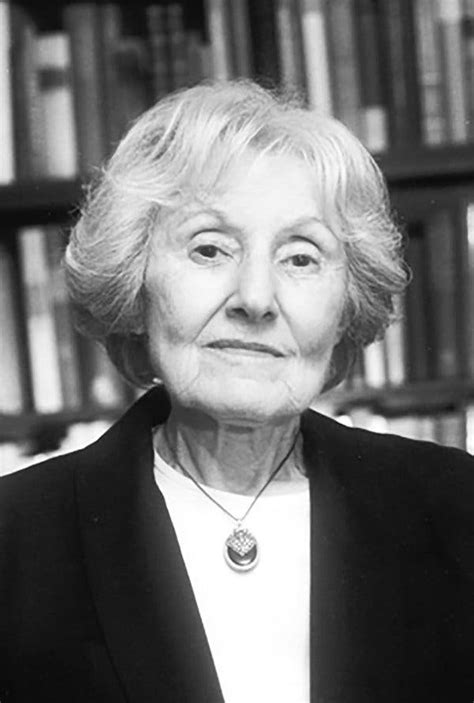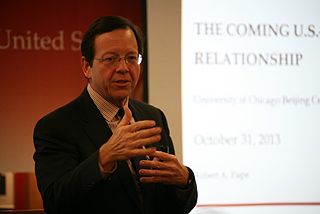A Quote by Gertrude Himmelfarb
Postmodernism entices us with the siren call of liberation and creativity, but it may be an invitation to intellectual and moral suicide.
Quote Topics
Related Quotes
Words of divine consciousness: moral exaltation; lasting feelings of elevation, elation, joy; a quickening of the moral sense, which strikes one as more important than an intellectual understanding of things; an alignment of the universe along moral lines, not intellectual ones; a realization that the founding principle of existence is what we call love, which works itself out sometimes not clearly, not cleanly, not immediately, nonetheless ineluctably.
A conditioned mind may be inventive; it may think up new ideas, new phrases, new gadgets; it may build a dam, plan a new society, and all the rest of it; but that is not creativity. Creativity is something much more than the mere capacity to acquire a technique. It is because this extraordinary thing called creativity is not in most of us that we are so shallow, empty, insufficient. And only the mind that is free can be creative.
The objections to religion are of two sorts - intellectual and moral. The intellectual objection is that there is no reason to suppose any religion true; the moral objection is that religious precepts date from a time when men were more cruel than they are and therefore tend to perpetuate inhumanities which the moral conscience of the age would otherwise outgrow.
Men have gone on to build up vast intellectual schemes, philosophies, and theologies, to prove that ideals are not real as ideals but as antecedently existing actualities. They have failed to see that in converting moral realities into matters of intellectual assent they have evinced lack of moral faith.
Christian theology provides some of the best arguments for respecting animal life and for taking seriously animals as partners with us within God's creation. It may be ironical that this tradition, once thought of as the bastion of human moral exclusivity, should now be seen as the seed-bed for a creative understanding of animal liberation.
Suicide terrorist groups are [not] religious cults isolated from the rest of their society, ... Rather, suicide terrorist organizations often command broad social support within the national communities from which they recruit, because they are seen as pursuing legitimate nationalist goals, especially liberation from foreign occupation.








































